Two of the largest recalls ever involving electric vehicles have been linked to the same battery supplier: South Korea’s LG Energy Solutions, which is finding itself under increasing scrutiny by other manufacturers it has worked with, as well as by U.S. auto safety regulators.
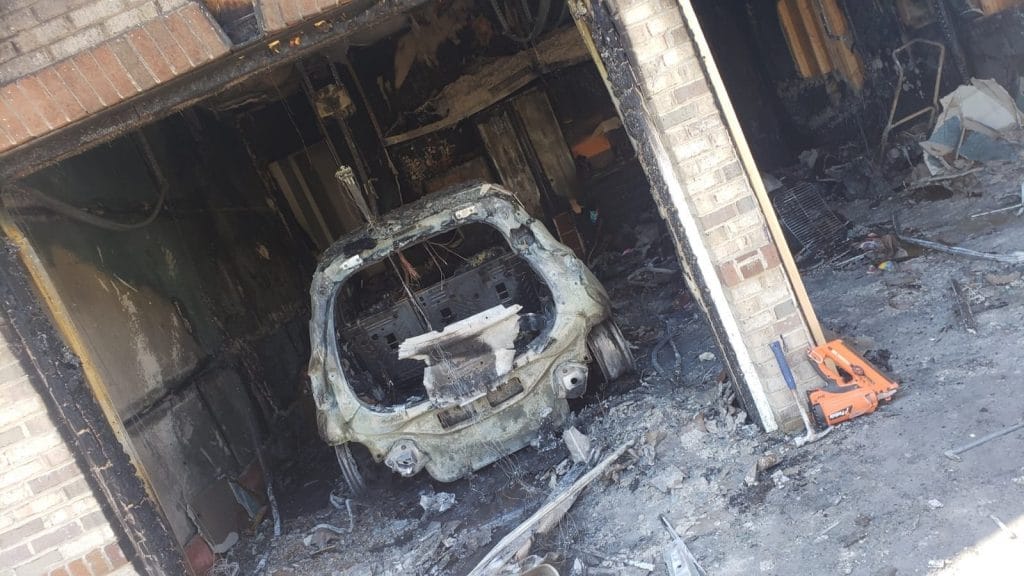
While the National Highway Traffic Safety Administration has not opened a formal probe, the agency confirmed a report first appearing in the Detroit News it is communicating with LG to “identify other vehicles that may be impacted.”
In the most recent instance, several manufacturing defects have been blamed for causing fires that, in turn, led to the recall of 142,000 Chevrolet Bolt EVs and Bolt EUVs, Earlier this year, Hyundai recalled about 90,000 of its Kona EV models due to what it said earlier this year was the “increase[d] risk of a fire while parked, charging and/or driving.” The Chevy and Hyundai BEVs all use LG batteries.
There have been EV fires involving other manufacturers — and other battery suppliers, including Samsung and Tesla. That is raising concerns among automakers, regulators and auto safety advocates at a time when EV sales are rapidly accelerating.
GM facing a difficult issue
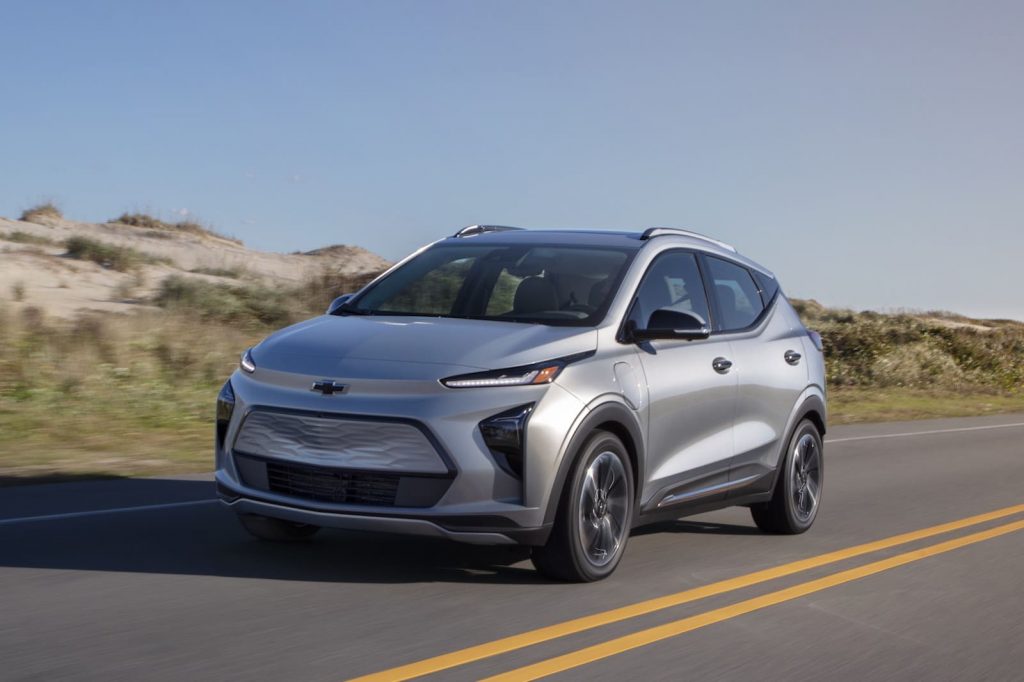
For General Motors, the situation has become critical. The recall — and the widespread coverage of Bolt fires — has damaged the image of the automaker’s first long-range battery-electric vehicle, the first BEV to offer real competition to segment leader Tesla. But, there also is a longer-term risk, said Sam Abuelsamid, principal auto analyst with Guidehouse Insights.
“It’s certainly not good for (GM’s) reputation, especially as they get ready to introduce a whole new series of EVs,” said Abuelsamid, noting the company plans to roll out dozens of BEVs by mid-decade, starting with the GMC Hummer pickup coming later this year, and the Cadillac Lyriq to follow in 2022.
The new “Ultium” batteries those products will use for its future models rely on a different chemistry and cell design, but they, nonetheless, are being manufactured as part of a joint venture with LG. Together, the two companies have laid out plans to build and operate four North American battery plants, including one opening this year in Lordstown, Ohio.
GM is pressing LG to cover at least some of the costs for the Bolt recall. A report in the Detroit Free Press last week indicated the ties between the two companies are fraying and seemed to suggest that some senior executives within the Detroit automaker might want to sever them entirely.
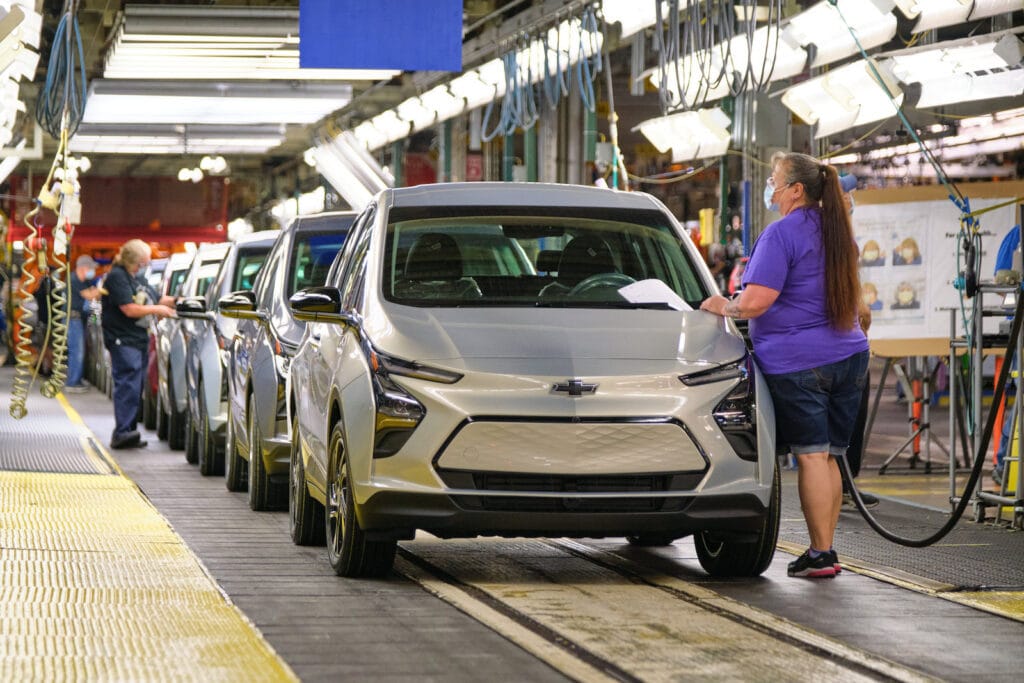
“If we took the battery stock that’s in the field right now or at a warehouse, we’re not confident that it is defect-free,” GM spokesperson Dan Flores told the paper in an unusually harsh series of comments. “Because we are not confident that LG has the capability to build defect-free products, we’ve put the repairs on hold and we are not building new Bolts. We’re not going to start recall repairs or start building new Bolts until we’re confident LG will build defect-free products.”
Differences in batteries
The concerns were highlighted during a one-on-one backgrounder TheDetroitBureau.com had with senior officials involved in the development of the new Ultium battery technology.
Asked whether there were concerns about the safety and production of the new batteries, Tim Grewe, the leader of GM’s global battery and electrification strategy, strongly emphasized the new technology “is a GM-designed module versus an LG-designed module.”
In reality, EV battery fires are extremely rare. There have been only seven instances involving Chevy Bolts, or about 0.006% of those on the road. By comparison, the National Fire Protection Association said 212,000 gas and diesel vehicles caught fire in 2018, or about 0.07% of those on U.S. roads.
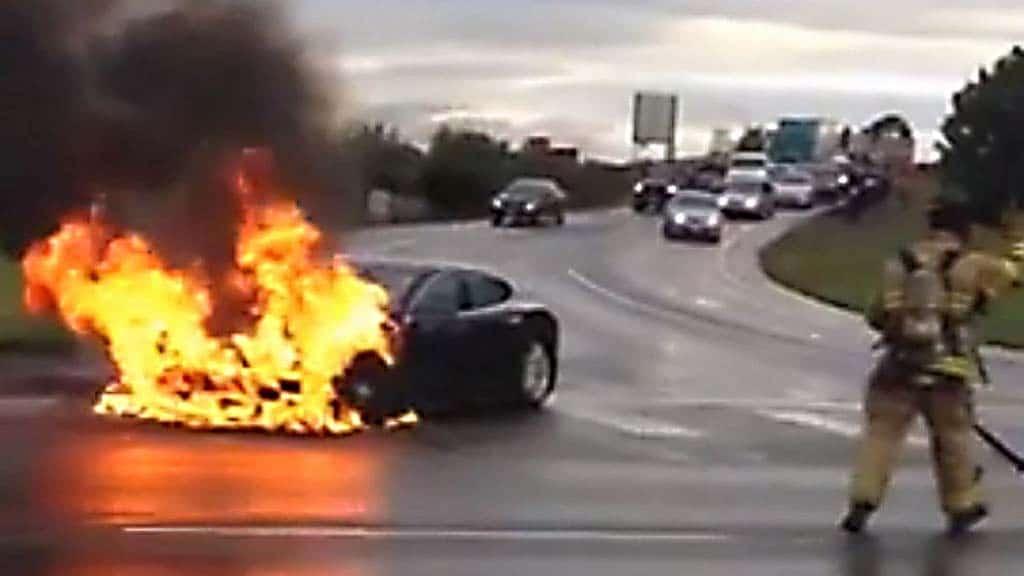
“EVs are not necessarily more prone to fire,” said Abuelsamid. “The evidence suggests they may be less prone to catch fire.” But, he quickly added, EV fires generate a lot of media coverage. “They’re new, so they catch people’s attention.”
Federal safety regulators take notice
They’ve also caught NHTSA’s attention. The agency, for now, is simply seeking a complete list of the battery-electric cars LG has provided batteries for. That could include conventional and plug-in hybrids, as well. The list is known to include Stellantis and Ford, as well.
Despite that problem, the South Korean company continues to provide batteries to Ford. LG “continues to be a valued supplier,” said Ford spokeswoman Emma Bergg. “They’re the supplier to the (Mustang) Mach-E.”
For its part, LG told the Detroit News its “assembly lines at manufacturing sites are individually operated for different EV models.” It also noted “the manufacturing process of battery modules for Ford and Chrysler EV models are different from those of Chevy Bolt EVs.”
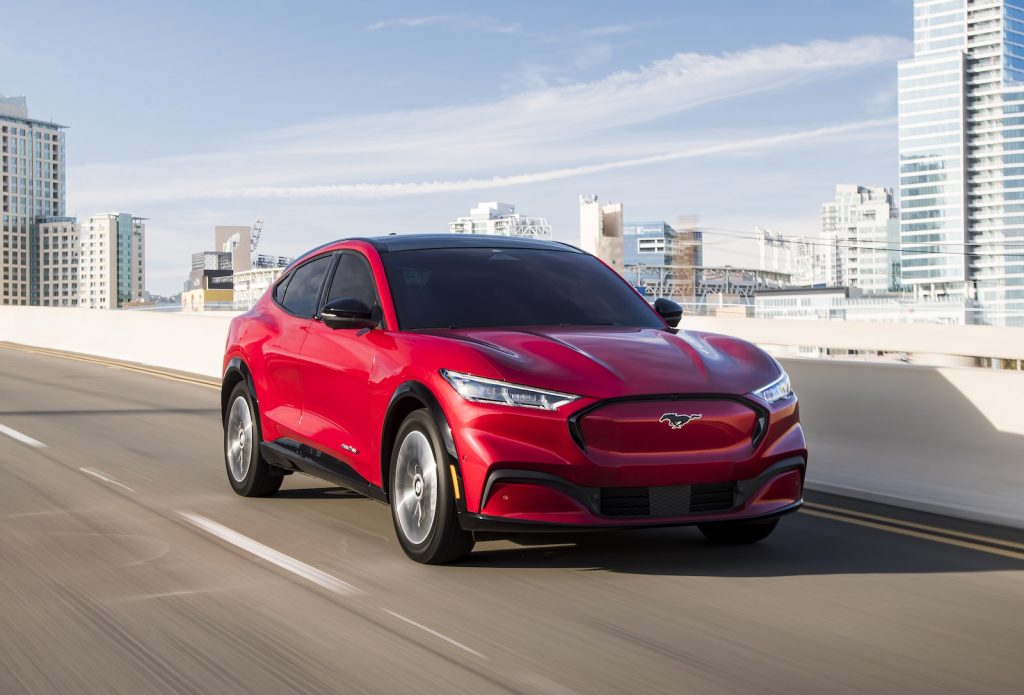
Most makers use multiple battery suppliers
In the world of electric vehicles, the close ties between LG and GM are unique. Most automakers tend to form ties with multiple battery vendors. During a media webinar earlier this week, Toyota officials noted they now work with three main battery suppliers and indicated they likely will add to that list as they begin production of pure battery-electric vehicles next year.
Ford also has numerous battery partners. It recently announced plans to set up a joint manufacturing program with another Korean supplier, SK Innovation. And it was forced to recall about 33,0000 Kuga plug-in hybrids in Europe a year ago after seven caught fire while charging their batteries. That recall, which cost Ford about $400 million, involved manufacturing defects at a plant run by Samsung.
Tesla has also had a number of battery fires using cells produced at its Gigafactory or provided by partner Panasonic, said Abuelsamid. “There are numerous reports of Teslas spontaneously burning, some when charging, others when just sitting there”
Producing lithium-ion batteries requires a very precise manufacturing process. Even the most minute errors can cause individual cells to fail, potentially leading to an issue called Passive Propagation Resistance, where the problem spreads throughout a pack, causing a fire. In the case of the Ford Kuga batteries, a faulty weld left bits of copper inside cells that cause some to short-circuit.
To date, LG has been linked to some of the most serious problems with EV fires. Whether NHTSA will expand its initial inquiry into its batteries and, in particular, its production processes, isn’t clear.
But the safety agency clearly wants to get more insight into the issue of battery fires. The concern is that this could become more severe as the number of electrified vehicles on the road rapidly expands. Sales of battery-electric vehicles alone increased by more than 100% during the first half of this year.
And President Joe Biden recently signed an executive order aiming to have 50% of the new vehicles sold in the U.S. by 2030 powered by either plug-in hybrid or pure electric drive technology. Reducing the likelihood of battery fires will be critical, experts agree, to winning over the confidence of the American motoring public.







